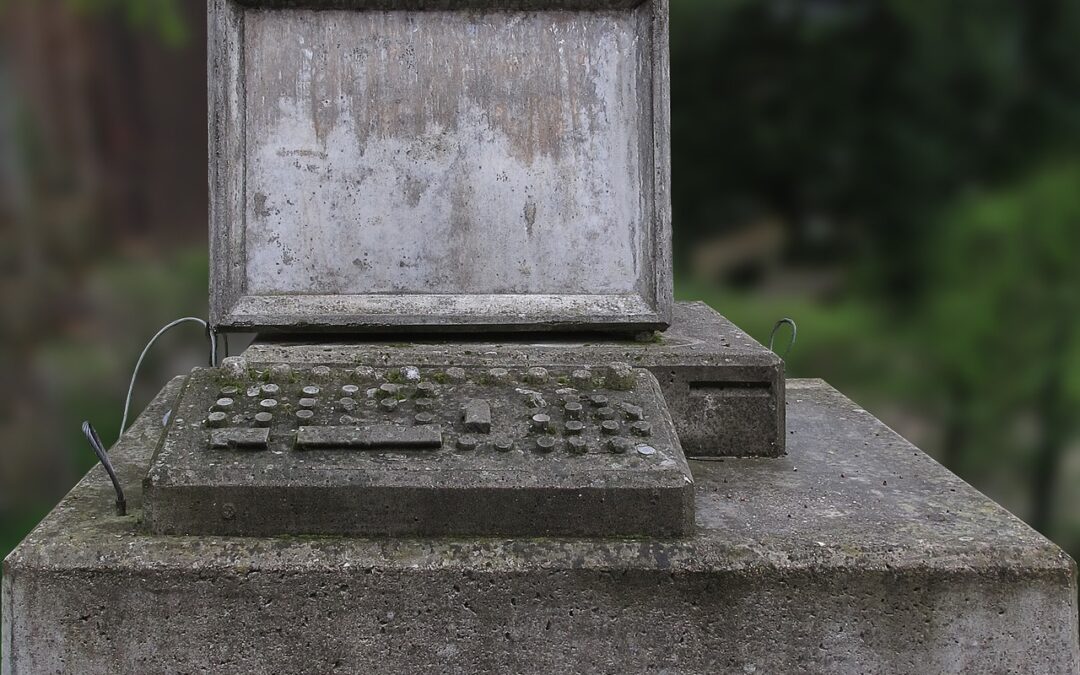Contents
- 1 Concrete Foundation Quality Assurance: The Bedrock of Your Home’s Stability
- 1.1 The Importance of a Solid Foundation
- 1.2 Choosing the Right Contractor
- 1.3 Planning and Preparation
- 1.4 Proper Concrete Mix Design
- 1.5 Pouring and Curing
- 1.6 Inspection and Testing
- 1.7 Benefits of Quality Assurance
- 1.8 Success Stories and Testimonials
- 1.9 Call to Action
- 1.10 TL;DR – Too Long; Didn’t Read
Concrete Foundation Quality Assurance: The Bedrock of Your Home’s Stability
Imagine coming home to a cozy abode, unaware of the intricate foundation that silently supports it. Concrete foundations, the unsung heroes of your home, are the cornerstone of structural stability. Let’s delve into the captivating world of concrete foundation quality assurance, ensuring your home remains a fortress for years to come.
The Importance of a Solid Foundation
Just as a tree’s health depends on its roots, the longevity of your home hinges on its foundation. A compromised foundation can lead to costly repairs or even structural collapse. Quality assurance in concrete foundations ensures that every step, from planning to pouring, meets rigorous standards.
Choosing the Right Contractor
Building a strong foundation requires the expertise of a professional concrete contractor. Look for contractors with a proven track record, certifications, and positive customer reviews. A reputable contractor will not only provide top-notch workmanship but also adhere to industry best practices.
Planning and Preparation
Before the concrete is poured, meticulous planning and preparation are crucial. Soil testing, site grading, and proper excavation lay the groundwork for a stable foundation. The contractor should carefully assess your soil type and determine its bearing capacity, ensuring the foundation can withstand the weight of your home and any environmental factors.
Proper Concrete Mix Design
The secret to a durable foundation lies in the concrete mix. The right proportions of cement, sand, gravel, and water create a strong, cohesive structure. Advanced techniques like fiber reinforcement can further enhance its toughness.
Pouring and Curing
The pouring process demands precision and expertise. The concrete is poured into pre-built forms and leveled using laser screeds. Proper curing, which involves keeping the concrete moist, is essential for achieving maximum strength and durability.
Inspection and Testing
Throughout the process, regular inspections and testing ensure that the foundation meets specifications. The contractor should conduct both visual inspections and non-destructive tests to verify the integrity of the concrete.
Benefits of Quality Assurance
Investing in concrete foundation quality assurance pays dividends in the long run. It:
- Enhances structural stability and longevity
- Prevents costly repairs and premature replacement
- Increases your home’s value and curb appeal
- Provides peace of mind, knowing your home is built on a solid foundation
Success Stories and Testimonials
“We were thrilled with the quality of the concrete foundation our contractor poured for our home. It gave us peace of mind knowing that our family was safe and our investment well-protected.” – John & Mary, Homeowners in Marysvale
Call to Action
Don’t compromise the safety and stability of your home. Choose a reputable concrete foundation contractor who prioritizes quality assurance. Their expertise and unwavering commitment will ensure that your home’s foundation stands strong for generations to come.
TL;DR – Too Long; Didn’t Read
Concrete foundation quality assurance is paramount for the structural integrity and longevity of your home. Choosing a professional contractor, meticulous planning, proper concrete mix design, careful pouring and curing, and rigorous inspections ensure a solid foundation that protects your investment and provides peace of mind.

